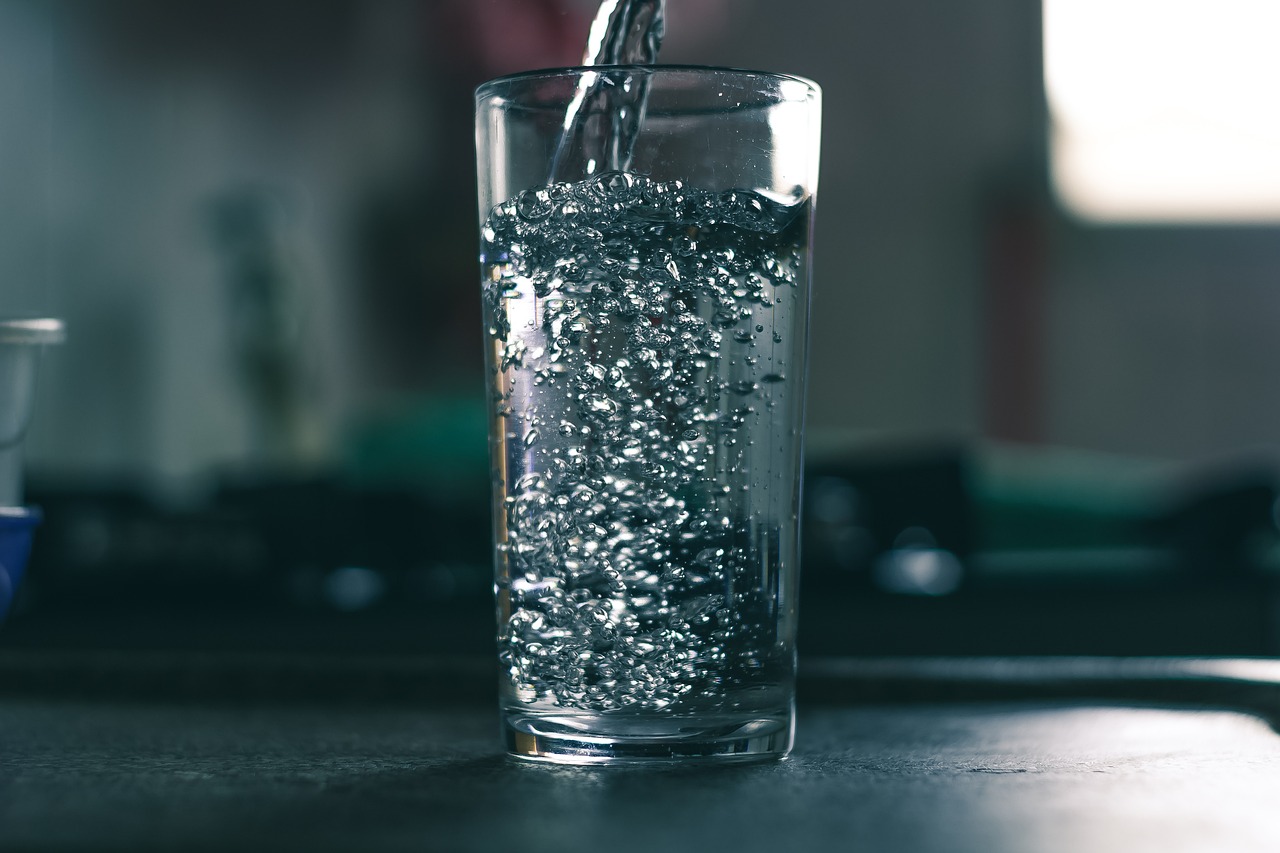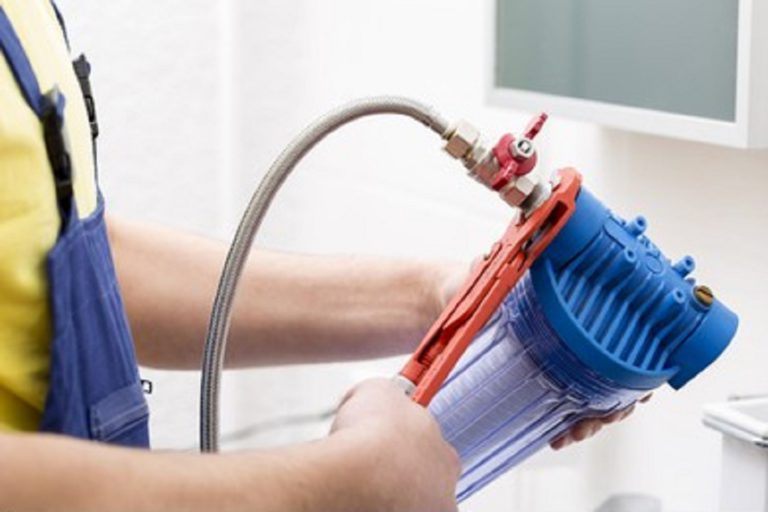Water Treatment with Activated Carbon
Discover the benefits of activated charcoal for water purification. It provides crystal clear, chemical-free hydration. Derived from natural sources, activated charcoal effectively traps toxins, chemicals, and impurities, leaving you with visibly clear and safe water. It absorbs contaminants like chlorine, heavy metals, pesticides, and pharmaceutical residues, promoting a healthier lifestyle with enhanced taste and odor. Say goodbye to expensive filtration systems and embrace activated charcoal for a cost-effective and natural water purification solution.
How Activated Charcoal Works to Purify Water
Activated charcoal works through a process called adsorption, where impurities are attracted to the surface of the charcoal and held there. This is due to the unique structure of activated charcoal, which consists of countless tiny pores and a large surface area. When water passes through these pores, impurities are trapped and bound to the charcoal, allowing only clean water to flow through. The larger the surface area of the activated charcoal, the more effective it is at adsorbing impurities.
The porous structure of activated charcoal is created through a process called activation. This involves heating the charcoal at high temperatures, which removes any non-carbon elements and creates a network of pores. The resulting activated charcoal has an increased surface area, making it highly efficient at adsorbing impurities from water.
Activated charcoal is also known for its ability to remove chlorine from water. Chlorine is commonly used as a disinfectant in the water treatment process, but it can leave an unpleasant taste and odor. Activated charcoal effectively absorbs chlorine, improving the taste and smell of your drinking water.
In addition to chlorine, activated charcoal can also remove other common contaminants found in water, such as heavy metals, pesticides, and pharmaceutical residues. These impurities can have detrimental effects on our health, and using activated charcoal for water purification helps ensure that we are consuming clean and safe water.
The Benefits of Using Activated Charcoal for Water Purification
Using activated charcoal for water purification offers numerous benefits. Firstly, it provides a natural and chemical-free solution to purify your water. Unlike other water purification methods that may require the use of chemicals or complex filtration systems, activated charcoal is a simple and effective option. It works by adsorbing impurities, rather than adding chemicals or altering the water’s composition.
Activated charcoal also enhances the taste and odor of your drinking water. By removing chlorine and other contaminants, it eliminates any unpleasant flavors or smells, leaving you with water that is refreshing and enjoyable to drink. This is especially beneficial for those who are sensitive to the taste or smell of tap water.
Furthermore, activated charcoal is a cost-effective alternative to expensive filtration systems. While some filtration systems require regular maintenance, replacement filters, and additional costs, activated charcoal can be a one-time purchase that lasts for a long time. It offers a budget-friendly option for those looking to purify their water without breaking the bank.
Another advantage of using activated charcoal for water purification is its versatility. Activated charcoal can be used to purify both tap water and water from natural sources, such as rivers or lakes. This makes it a convenient solution for outdoor enthusiasts, travelers, or anyone in need of clean water on the go.
Activated Charcoal vs Other Water Purification Methods
Activated charcoal stands out among other water purification methods for several reasons. Unlike chemical disinfection methods, such as chlorine or ozone, activated charcoal does not add any chemicals to the water. Instead, it simply adsorbs impurities, leaving behind clean and chemical-free water.
Compared to filtration systems, activated charcoal offers a more cost-effective and low-maintenance solution. Filtration systems often require regular filter replacements, which can be costly over time. Activated charcoal, on the other hand, only needs to be replaced after it has reached its adsorption capacity, which can take several months or even years, depending on usage.
Another advantage of activated charcoal is its ability to remove a wide range of contaminants, including chlorine, heavy metals, pesticides, and pharmaceutical residues. While some filtration systems may only target specific contaminants, activated charcoal provides a comprehensive purification solution.
Common Contaminants Removed by Activated Charcoal
Activated charcoal is highly effective at removing various contaminants from water. Some of the common impurities that can be eliminated include:
- Chlorine: Activated charcoal is particularly efficient at adsorbing chlorine, a common disinfectant used in water treatment. Removing chlorine improves the taste and odor of drinking water.
- Heavy Metals: Activated charcoal can adsorb heavy metals like lead, mercury, and cadmium. These metals can have harmful effects on our health, and using activated charcoal helps reduce our exposure to them.
- Pesticides: Activated charcoal can also adsorb pesticides, which are often found in agricultural runoff or groundwater. Removing pesticides from water is crucial for ensuring its safety and purity.
- Pharmaceuticals: Pharmaceuticals residues can find their way into water sources through various means, such as improper disposal or excretion. Activated charcoal can help eliminate these residues, reducing the potential risks associated with their consumption.
By effectively removing these contaminants, activated charcoal ensures that your drinking water is clean, safe, and free from harmful substances.
How to Use Activated Charcoal for Water Purification at Home
Using activated charcoal for water purification at home is a straightforward process. Here’s a step-by-step guide to help you get started:
- Choose the Right Activated Charcoal: Look for activated charcoal specifically designed for water purification. It is available in various forms, including loose granules, powder, or in pre-packaged filter cartridges.
- Prepare the Charcoal: If you have loose granules or powder, you will need to prepare the charcoal before using it. Rinse the charcoal under running water to remove any dust or debris. This step helps ensure that the charcoal is clean and ready for use.
- Determine the Amount: The amount of activated charcoal needed depends on the volume of water you want to purify. Follow the instructions provided with the product or consult a water purification specialist for guidance.
- Add Charcoal to the Water: Place the activated charcoal in a container or pitcher, and add the desired amount of water. Stir the water gently to ensure that the charcoal is evenly distributed.
- Allow the Charcoal to Adsorb Impurities: Let the water sit for a few hours, or overnight if possible. During this time, the activated charcoal will adsorb impurities from the water.
- Filter the Water: After the charcoal has had time to adsorb impurities, filter the water to separate the charcoal from the purified water. You can use a fine mesh strainer, cheesecloth, or a water filter designed for this purpose.
- Enjoy Clean, Purified Water: Once filtered, your water is ready to drink. Pour it into a clean glass or bottle and enjoy the benefits of crystal clear, chemical-free hydration.
Activated Charcoal Products for Water Purification
There are various activated charcoal products available on the market specifically designed for water purification. These products offer convenience and ease of use, making water purification a hassle-free process. Some popular activated charcoal products for water purification include:
- Activated Charcoal Filters: These filters come in different forms, such as pitcher filters, faucet filters, or under-sink filters. They are designed to remove impurities from tap water, providing clean and safe drinking water.
- Activated Charcoal Sticks: These sticks are made of activated charcoal and can be placed directly in a water bottle or pitcher. They adsorb impurities as the water passes through, ensuring purified water on the go.
- Activated Charcoal Granules: Loose granules of activated charcoal can be used to purify larger volumes of water. They can be added to a container or water tank, allowing for purification of larger quantities of water.
- Activated Charcoal Balls: These small balls of activated charcoal can be placed in water filters or water bottles. They effectively adsorb impurities, providing clean water for drinking or cooking.
When choosing activated charcoal products for water purification, consider the volume of water you need to purify, the specific contaminants you want to remove, and the convenience factor that suits your lifestyle.
Safety Considerations When Using Activated Charcoal for Water Purification
While activated charcoal is generally safe to use for water purification, there are a few considerations to keep in mind:
- Quality of Charcoal: Ensure that you are using high-quality activated charcoal specifically designed for water purification. Low-quality charcoal may contain impurities that can affect the water’s taste and safety.
- Replacement Schedule: If you are using activated charcoal filters or other products with a limited lifespan, make sure to follow the recommended replacement schedule. Using expired or saturated charcoal may result in ineffective purification.
- Contaminant Specificity: Activated charcoal is effective at removing a wide range of impurities, but it may not be equally efficient for all contaminants. If you are dealing with specific contaminants, consult a water purification specialist for guidance on the most suitable solution.
- Proper Storage: Store activated charcoal products in a cool, dry place to maintain their effectiveness. Exposure to moisture or extreme temperatures can affect their adsorption capabilities.
- Allergies or Sensitivities: If you have known allergies or sensitivities to charcoal, consult a healthcare professional before using activated charcoal for water purification.
By following these safety considerations, you can ensure safe and effective use of activated charcoal for water purification.
Frequently Asked Questions About Activated Charcoal for Water Purification
Q: Is activated charcoal safe to consume?
A: Yes, activated charcoal is generally safe to consume. It is commonly used in various applications, including water purification and as a detoxifying agent. However, it is important to ensure that you are using high-quality activated charcoal specifically designed for water purification.
Q: How often should I replace activated charcoal filters?
A: The replacement frequency depends on the specific product and usage. Some filters may need to be replaced every few months, while others can last up to a year. It is important to follow the manufacturer’s recommendations for optimal performance.
Q: Can activated charcoal remove bacteria or viruses from water?
A: Activated charcoal is primarily effective at removing chemical contaminants, such as chlorine, heavy metals, and pesticides. While it may have some limited ability to adsorb bacteria and viruses, it is not a reliable method for complete disinfection. If you are concerned about microbial contamination, consider using additional water treatment methods, such as boiling or using a UV sterilizer.
Q: Can activated charcoal remove fluoride from water?
A: Activated charcoal has limited effectiveness in removing fluoride from water. While it may adsorb some fluoride, it is not as efficient as specialized filters or treatment methods designed specifically for fluoride removal.
Q: Can I use activated charcoal for water purification during emergencies or while camping?
A: Yes, activated charcoal can be a convenient solution for water purification during emergencies or while camping. Portable activated charcoal products, such as sticks or granules, can be easily carried and used to purify water from natural sources.
Conclusion: Why Activated Charcoal is a Superior Choice for Chemical-Free Water Purification
Activated charcoal offers numerous benefits for water purification. Its ability to adsorb impurities, including chlorine, heavy metals, pesticides, and pharmaceutical residues, ensures that your drinking water is clean, safe, and free from harmful substances. Using activated charcoal provides a natural and chemical-free solution to purify water, enhancing its taste and odor without the need for expensive filtration systems. Whether you are at home, on the go, or facing an emergency situation, activated charcoal provides a cost-effective and versatile method for crystal clear, chemical-free hydration. Embrace the wonders of activated charcoal and experience the benefits of a cleaner, healthier life.


